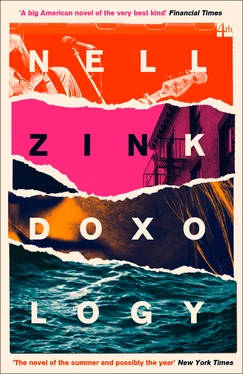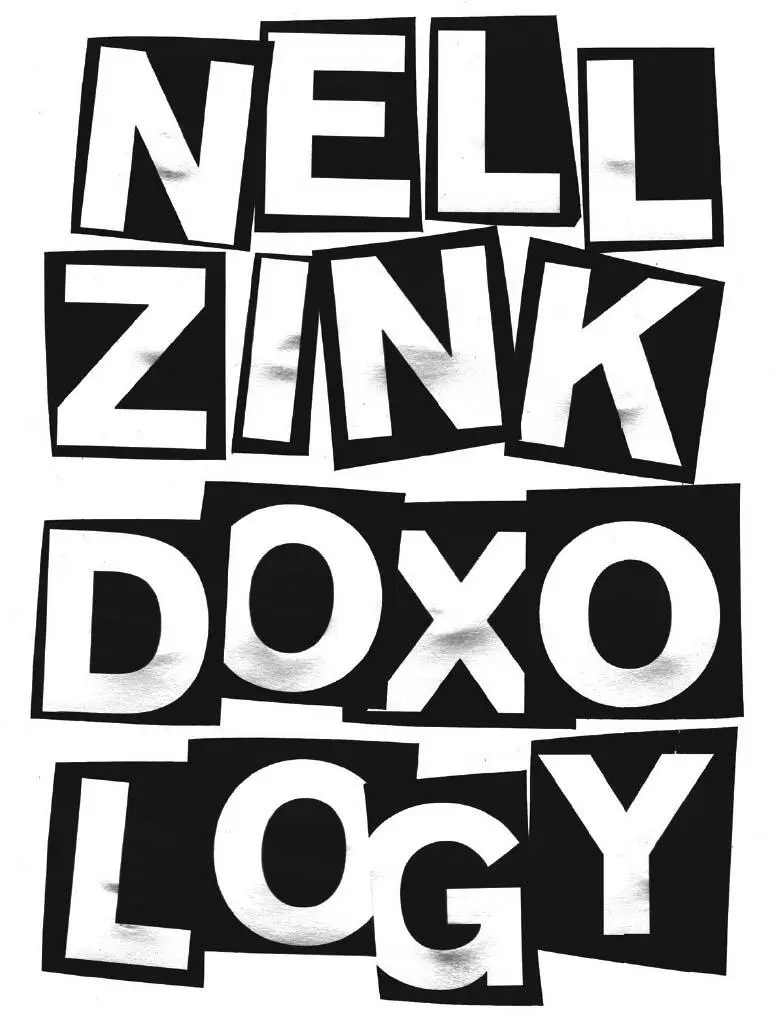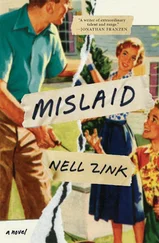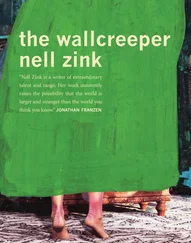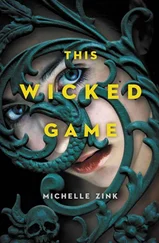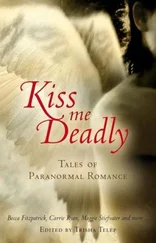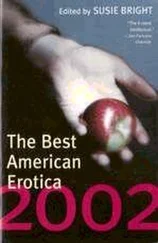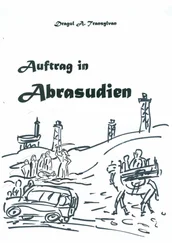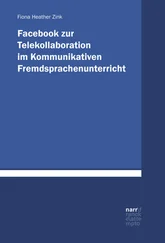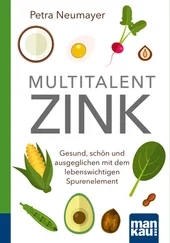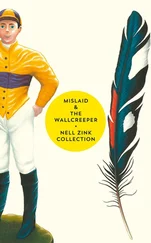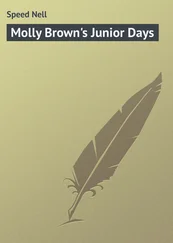
4th Estate
An imprint of HarperCollins Publishers
1 London Bridge Street
London SE1 9GF
www.4thEstate.co.uk
This eBook first published in Great Britain by 4th Estate in 2019
Copyright © Nell Zink 2019
Design by Jack Smyth.
Photography: Paul Natkin / Getty Images
Mattia Agustoni / Unsplash
Tuva Mathilde Løland / Unsplash
Ahmed Nishaath / Unsplash
Nell Zink asserts the moral right to be identified as the author of this work
A catalogue record for this book is available from the British Library
This novel is entirely a work of fiction. The names, characters and incidents portrayed in it are the work of the author’s imagination. Any resemblance to actual persons, living or dead, events or localities is entirely coincidental.
All rights reserved under International and Pan-American Copyright Conventions. By payment of the required fees, you have been granted the non-exclusive, non-transferable right to access and read the text of this e-book on-screen. No part of this text may be reproduced, transmitted, down-loaded, decompiled, reverse engineered, or stored in or introduced into any information storage and retrieval system, in any form or by any means, whether electronic or mechanical, now known or hereinafter invented, without the express written permission of HarperCollins
Source ISBN: 9780008323523
Ebook Edition © August 2019 ISBN: 9780008323509
Version: 2020-04-20
‘This is a typical Zink novel, in that it’s totally unpredictable … the random nature of life is one of Doxology ’s themes … Zink injects all of this with her usual deadpan hilarity, while her cast of inimitable misfits are never in danger of being overshadowed by her larger concerns’
STEPHANIE CROSS, Daily Mail
‘Even the things we know are going to happen retain the weight of the unexpected, and that is down to Zink’s facility for recreating not just detail but also the texture of the past’
SARAH DITUM, The Spectator
‘An ambitious and original novel’
Image Magazine
‘Invigorating’
Guardian
‘A distinct, unflinching look at the country’s past and future’
Time
‘A master of compassionate satire bestows another off-kilter epic’
O, The Oprah Magazine
‘With the precision of a sniper, Nell Zink nails the disorientation of coming of age in the 1980s … [Zink’s] most ambitious novel … Ms. Zink writes with such momentum, and seems to be having so much fun, that she can make a story that traverses some of the darkest moments in recent history (9/11, both Iraq wars, the 2016 election) into an exhilarating and grimly amusing page-turner’
Wall Street Journal
‘Has Nell Zink written the Great American Gen-X Novel? … Doxology comes out swinging for a centre spot in the literary canon’
Chicago Tribune
‘The first truly great novel to tackle the 2016 election … [Zink] captures those doomed final days before November 8, 2016, more accurately than any breathlessly reported account from any political reporter or former campaign worker’
Paris Review
FOR Justin Taylor’s cat, Emma
Cover
Title Page
Copyright
Praise for Doxology
Dedication
Chapter I.
Chapter II.
Chapter III.
Chapter IV.
Chapter V.
Chapter VI.
Chapter VII.
Chapter VIII.
Chapter IX.
Chapter X.
Chapter XI.
Chapter XII.
Chapter XIII.
Chapter XIV.
Chapter XV.
Chapter XVI.
Chapter XVII.
Chapter XVIII.
Chapter XIX.
Chapter XX.
Chapter XXI.
Chapter XXII.
Chapter XXIII.
Chapter XXIV.
Chapter XXV.
Chapter XXVI.
Chapter XXVII.
Chapter XXVIII.
Chapter XXIX.
Chapter XXX.
Acknowledgments
About the Author
Also by Nell Zink
About the Publisher
Unknown to all, and for as long as he lived, Joe Harris was a case of high-functioning Williams syndrome. He displayed the typical broad mouth, stellate irises, spatial ineptitude, gregarious extroversion, storytelling habit, heart defect, and musical gift. To the day he died, he had no more wrinkles on him than an action figure. He was never tested, because he lacked the general intellectual disability that was the syndrome’s defining feature. However, his capacity to irritate others was near infinite. He spoke his mind, trusting everyone he saw.
For example, once when he was walking through Washington Square with his friend Pam, an elderly man of the kind who might be forty approached them and asked them to hold his asthma inhaler for just one second. Pam rolled her eyes and walked on, but Joe held out his hand, into which the inhaler was promptly placed in a forceful way that made it fall to the ground in two pieces. The man declared that replacing the broken inhaler would cost Joe fifteen dollars.
Joe replied, “I don’t have fifteen bucks on me. But you could come with me to work! Most days I make more than that. Yesterday I made a lot more. You know what else I made? About a million paper napkins folded in half! After my shift I can give you all the money you need. My work is about a mile away. I can give you free pie, if we have pie that’s stale. I’m going there now.” He touched the man’s arm. Shouting that bowl-headed faggots should leave him alone, the man ran away. Joe picked up the inhaler and yelled, “You forgot your thing!”
HIS FATHER WAS A PROFESSOR OF AMERICAN HISTORY AT COLUMBIA. HIS MOTHER HAD been a forever-young party girl in permanent overdrive who could drink all night, sing any song and fake the piano accompaniment, and talk to anybody about anything. In 1976 she died, running uphill and laughing, in the middle of a departmental picnic at Wave Hill. The students mimed heartbreak while her husband mimed CPR. Joe held her hand and said, “Bye-bye, Mommy!” He was only eight.
At her funeral in the Cathedral of Saint John the Divine, he clapped his hands through the syncopated bits of the doxology and lifted his voice meaningfully on “Father, Son, and Holy Ghost.” Professor Harris immediately understood that the Holy Family had been redefined to resemble his own. The child schmoozed his way through the reception, telling stories about the funnest times with Mom. Adults patted his head and made meaningful eye contact among themselves. Joe, in their view, was not precocious. They had firm ideas on what to do with him, most of them involving boarding school on another continent. They were concerned about his dad’s capacity to attract another wife.
Professor Harris changed nothing, on the theory that Joe, whom he loved, would be hurt less if nothing changed.
JOE WAS WAVED THROUGH PUBLIC SCHOOL AS THE SON OF A PROFESSOR. EVEN BEFORE graduation, he took up waiting tables at the Abyssinian Coffee Shop on Fourteenth Street. It was a small, old-fashioned diner with a cashier up front and a short-order cook in the back. He didn’t have to memorize anything except codes like “S” for scrambled eggs and “P” for pancakes. The specials were eternally fixed combinations, and he never handled money except to put tips in his pockets. Most customers gave him a dollar for lunch or breakfast, a quarter for coffee, and two dollars for dinner. They were gracious because he looked fourteen. They thought he was saving money for college. The manager liked him because he was good for business, always rhapsodizing about fries and soda in a way that made them sound exponentially more wonderful than chips and tap water, plus he never stole.
Читать дальше
